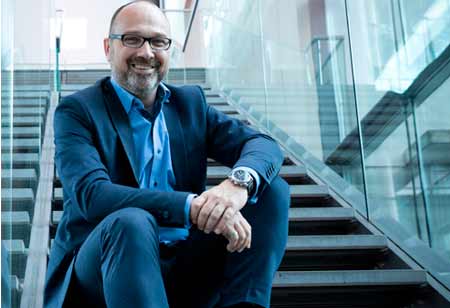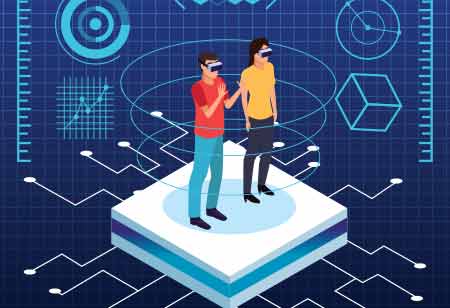THANK YOU FOR SUBSCRIBING

Automation and its Rise to Power within the Factory Industry Sector
Joe Tilli, State Industrial Automation Sales Manager, Lawrence & Hanson

 Joe Tilli, State Industrial Automation Sales Manager, Lawrence & Hanson
Joe Tilli, State Industrial Automation Sales Manager, Lawrence & HansonI have been in the field of Automation for the last 27 years. My background is electronics. The concept of smarter electronics with and longer life cycles has become so prevalent in today’s Ai and Automation industry. My work with Automation involves leveraging advanced technology to monitor and improve various industrial processes. Automation is here and lifecycles are changing. This technology is applied across different stages of production, from Food and Beverage to Mining ensuring efficient and safe operations.
Automation has emerged as a transformative force across industries, revolutionizing how businesses operate and driving efficiency to new heights. By integrating advanced robotics, artificial intelligence, and smart technologies, such as PLc, Soft Starters and Variable Speed Drives this enhances productivity while minimizing human intervention in repetitive tasks. As industries continue to evolve, automation promises substantial benefits for the future, including increased efficiency, improved precision and significant cost savings. In manufacturing, healthcare, logistics, and even customer service, automation streamlines processes, reduces errors, and optimizes resource management, making operations more sustainable and competitive.
Looking ahead, automation is poised to redefine the future of work, fostering collaboration between humans and machines rather than replacing jobs outright. Advanced machine learning algorithms and robotic automation are enabling industries to handle complex tasks with minimal oversight, increasing overall reliability. Automation in the coming decades will continue to improve workplace safety by taking over hazardous duties, allow for real-time data analysis to support decision-making and contribute to innovations in fields such as autonomous vehicles, smart cities and precision agriculture. As technology evolves, automation will empower industries with better adaptability, ensuring resilience in the face of economic and environmental challenges.
“Automation is here and lifecycles are changing, transforming industries by enhancing productivity, improving precision and fostering collaboration between humans and machines”
Reflecting on the past 20 years, automation has had a profound impact on factories and industrial production. Since the early 2000s, widespread adoption of automated systems, including robotic arms, conveyor belts and digital monitoring platforms, has led to increased efficiency and reduced labor costs. The integration of Internet of Things (IoT) technology has enabled predictive maintenance, reducing machine downtime and production losses.
However, with rapid automation advancements, industries have faced challenges in workforce adaptation and job displacement. While automation has eliminated certain repetitive tasks, it has also created demand for new skill sets, prompting investment in up-skilling initiatives and workforce reskilling programs. Automation has transformed traditional manufacturing roles, shifting workers toward supervisory, technical and maintenance-oriented positions. The next phase of automation will likely focus on greater integration of artificial intelligence, allowing factories to become increasingly autonomous and self-optimizing.
Read Also





















ON THE DECK